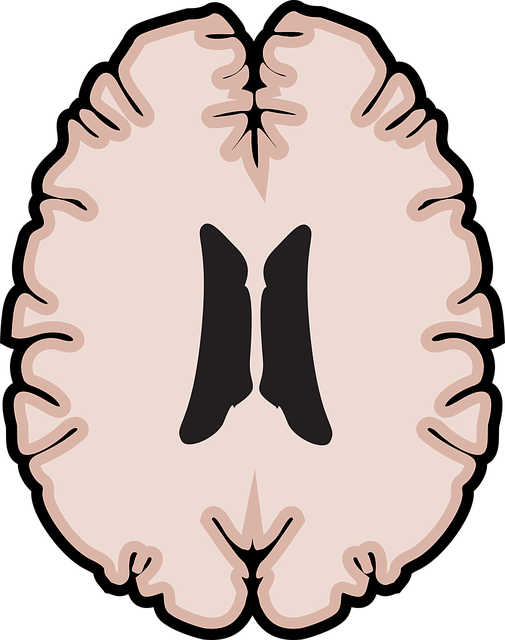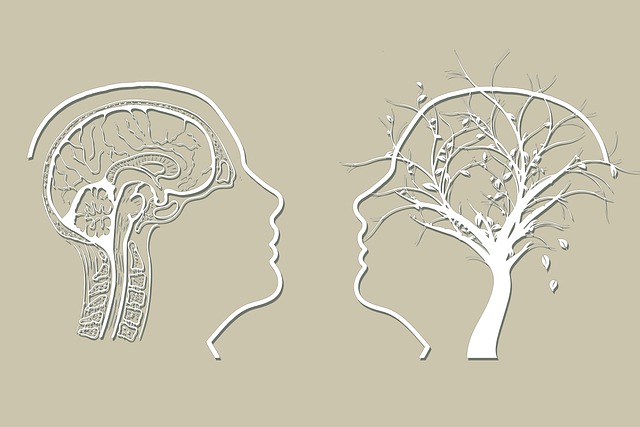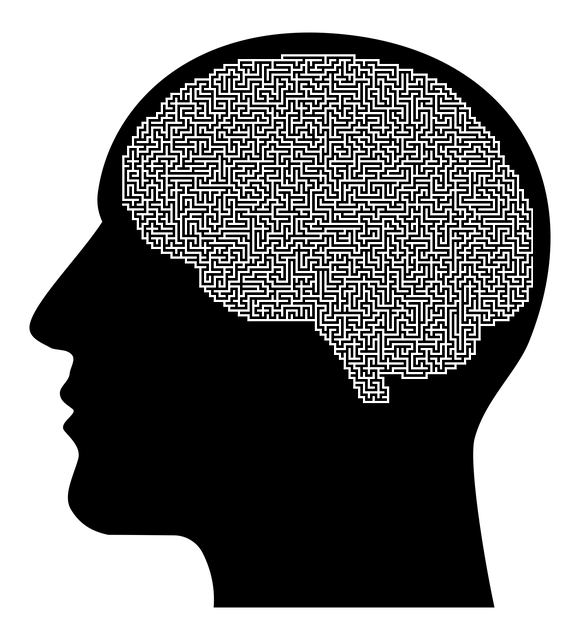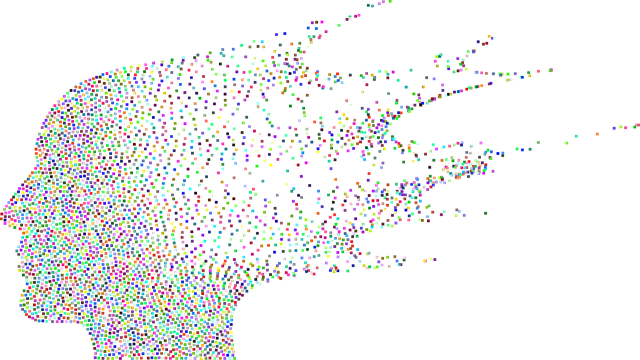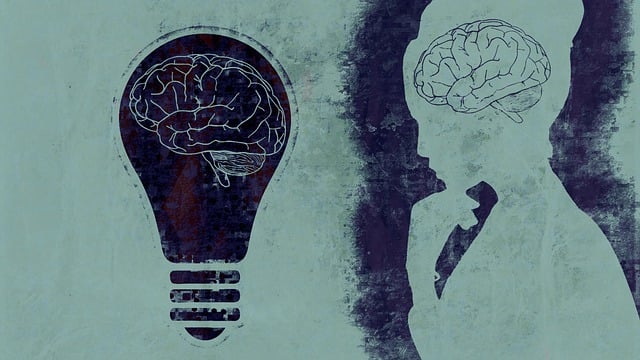Louisville Child Abuse Therapy (LCAT) faces the complex challenge of mental illness diagnosis by addressing internalized experiences, external factors, and ambiguous symptoms. They emphasize understanding these complexities through specialized training, advanced assessment tools, trauma-informed care, and continuous professional development. LCAT's multi-faceted approach, including risk management planning and mental health education programs, revolutionizes diagnosis accuracy, enhances care availability, and promotes emotional resilience in Louisville.
Mental illness diagnosis accuracy is a critical aspect of patient care, yet challenges remain. This article explores efforts to improve diagnostic precision, focusing on innovative strategies and the crucial role of healthcare professionals. We delve into the complexities of mental health assessments and highlight successful initiatives like Louisville Child Abuse Therapy, which emphasize accurate identification. By examining training methods and support systems, we aim to enhance diagnostic accuracy, ensuring better outcomes for those seeking help.
- Understanding the Challenges of Mental Illness Diagnosis
- Louisville Child Abuse Therapy: A Focus on Accuracy
- Innovative Approaches to Enhance Diagnostic Accuracy
- Training and Support for Healthcare Professionals
Understanding the Challenges of Mental Illness Diagnosis

Mental illness diagnosis can be a complex process due to the diverse nature and overlapping symptoms of various disorders. Louisville Child Abuse Therapy highlights that many individuals struggle with internalizing their experiences, which often leads to ambiguous presentations. The challenge lies in differentiating between normal emotional responses and indicative signs of underlying mental health issues. For instance, what might seem like mood swings could be a symptom of depression or even bipolar disorder, requiring precise evaluation.
Additionally, the impact of external factors such as trauma, stress, or environmental influences can complicate diagnosis. Louisville Child Abuse Therapy emphasizes that understanding these challenges is paramount in ensuring accurate assessments. Promoting coping skills development and providing effective conflict resolution techniques are essential strategies to support individuals and families navigating mental health concerns, ultimately enhancing diagnostic accuracy.
Louisville Child Abuse Therapy: A Focus on Accuracy

Louisville Child Abuse Therapy (LCAT) is a pioneering initiative focused on enhancing the accuracy and effectiveness of mental illness diagnoses for children and adolescents. By implementing a multi-faceted approach, LCAT aims to address the complex nature of childhood trauma and its impact on mental health. This involves integrating specialized training for healthcare professionals, advanced assessment tools, and a network of Trauma Support Services. These services are designed to provide comprehensive care, ensuring that each child receives an accurate diagnosis and tailored treatment plan.
In addition to these efforts, LCAT has launched Mental Health Education Programs aimed at raising awareness and fostering understanding among both professionals and the community. A recent addition is the production of a Mental Wellness Podcast Series, which offers valuable insights, personal stories, and expert advice. These initiatives collectively contribute to improving the accuracy of mental illness diagnoses in Louisville, ultimately enhancing the availability and quality of care for young individuals navigating their mental health journeys.
Innovative Approaches to Enhance Diagnostic Accuracy

In the quest for enhanced mental illness diagnosis accuracy, innovative approaches are reshaping the landscape of Louisville Child Abuse Therapy. Beyond traditional methods, professionals are now integrating advanced assessment tools and evidence-based practices to improve diagnostic efficacy. This includes leveraging technology for detailed data analysis, incorporating trauma-informed care methodologies, and emphasizing continuous professional development through workshops and training sessions focused on recognizing subtle symptoms. Such progressive strategies not only refine diagnosis but also contribute to improved patient outcomes.
Risk Management Planning for Mental Health Professionals plays a pivotal role in this evolution. By prioritizing self-care practices and equipping professionals with crisis intervention guidance, the potential for errors in diagnosis is significantly reduced. This holistic approach ensures that mental health practitioners remain adept at handling complex cases while maintaining their own well-being. The result is a more nuanced and accurate diagnostic process, particularly relevant to Louisville Child Abuse Therapy where precise assessment is paramount.
Training and Support for Healthcare Professionals

Mental illness diagnosis requires a nuanced approach, especially when dealing with sensitive cases such as Louisville Child Abuse Therapy. To enhance accuracy, healthcare professionals undergo rigorous training in advanced diagnostic techniques and evidence-based practices. This includes learning to recognize subtle cues and symptoms, which often require a deep understanding of human behavior and emotional resilience building.
Support systems play a pivotal role here. Regular workshops, peer discussions, and mentorship programs foster an environment conducive to sharing experiences and compassion cultivation practices. These initiatives not only improve diagnostic skills but also promote well-being among professionals, enabling them to provide effective anxiety relief strategies for both patients and their families.
Mental illness diagnosis accuracy is a multifaceted challenge, requiring innovative approaches such as enhanced training, support systems, and advanced therapy techniques like those employed by Louisville Child Abuse Therapy. By focusing on these areas, we can improve overall diagnostic precision, ensuring individuals receive the appropriate care for their unique mental health needs. This multi-pronged strategy paves the way for more effective treatment outcomes and a brighter future for those struggling with mental illness.



